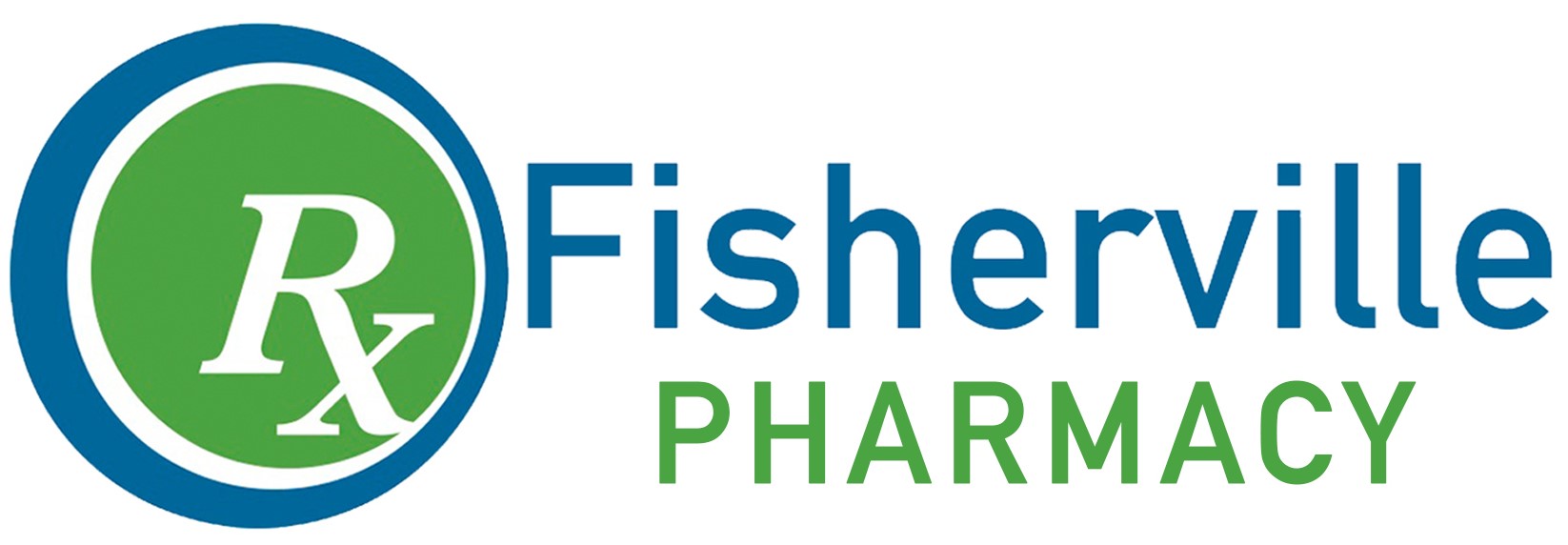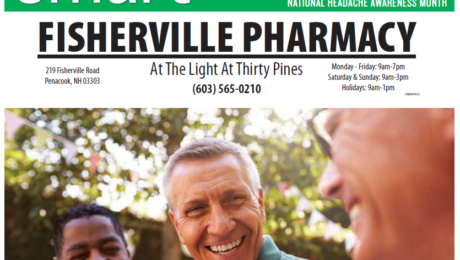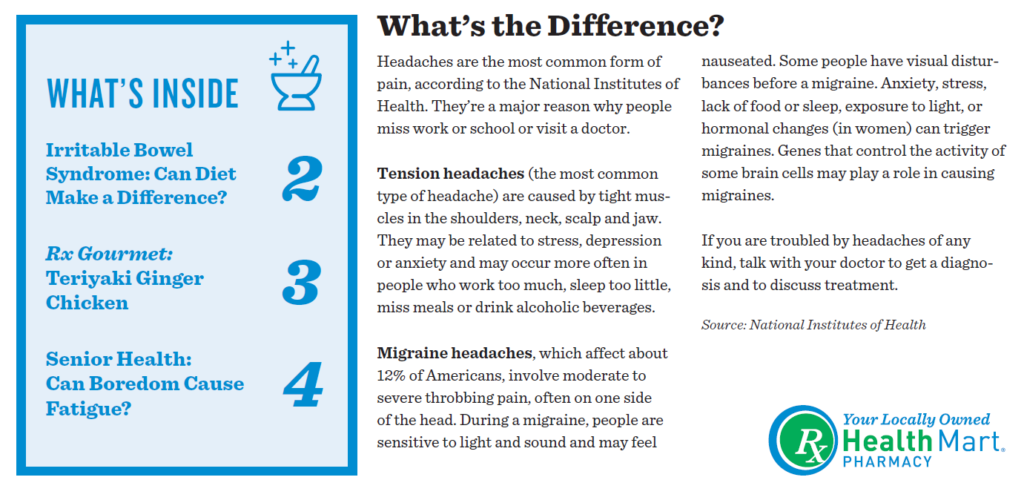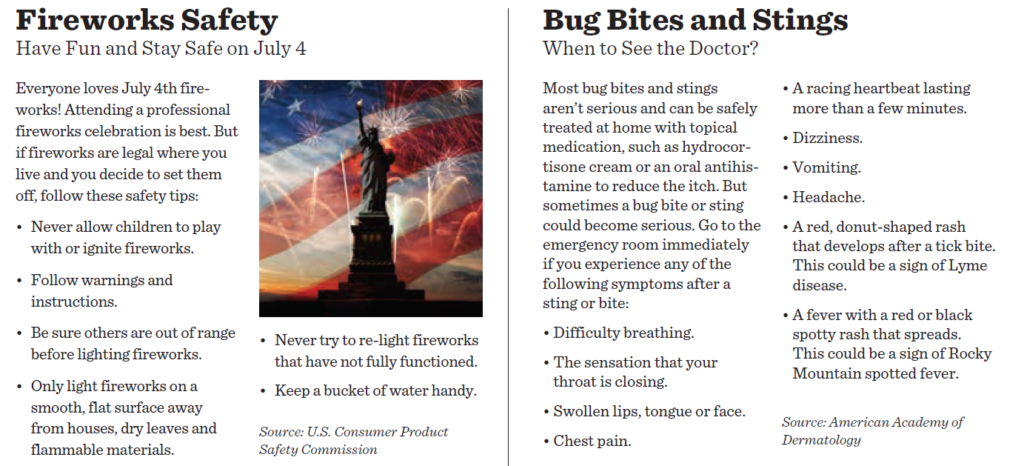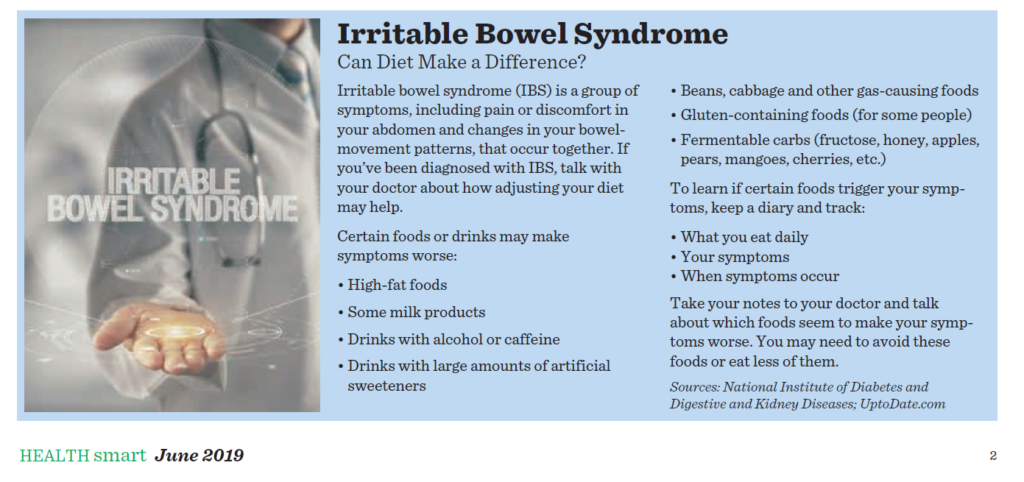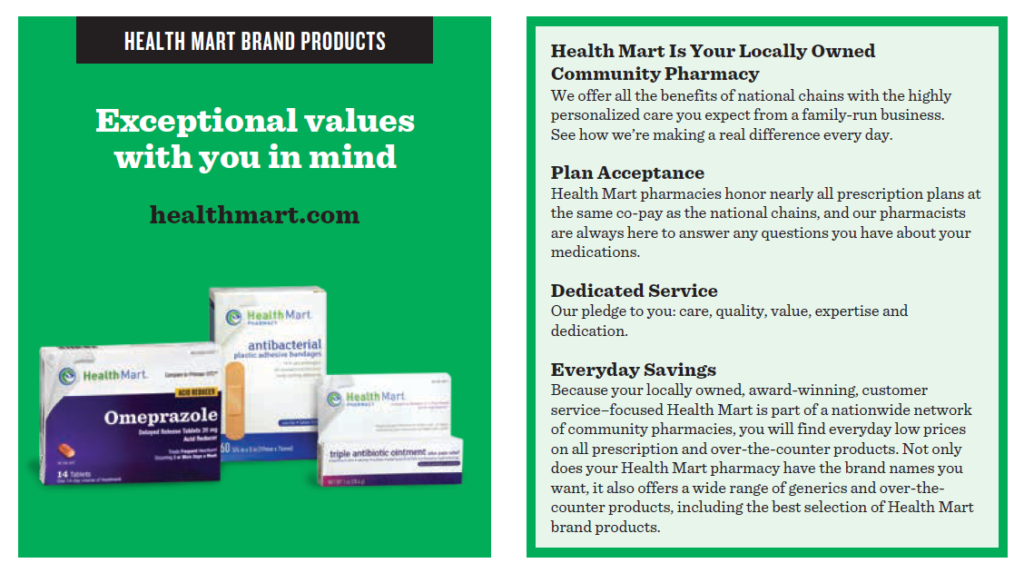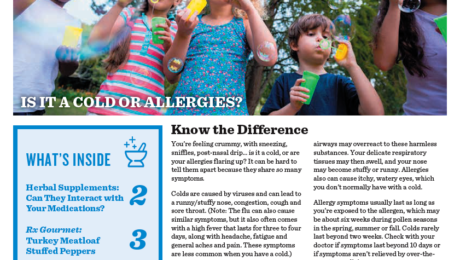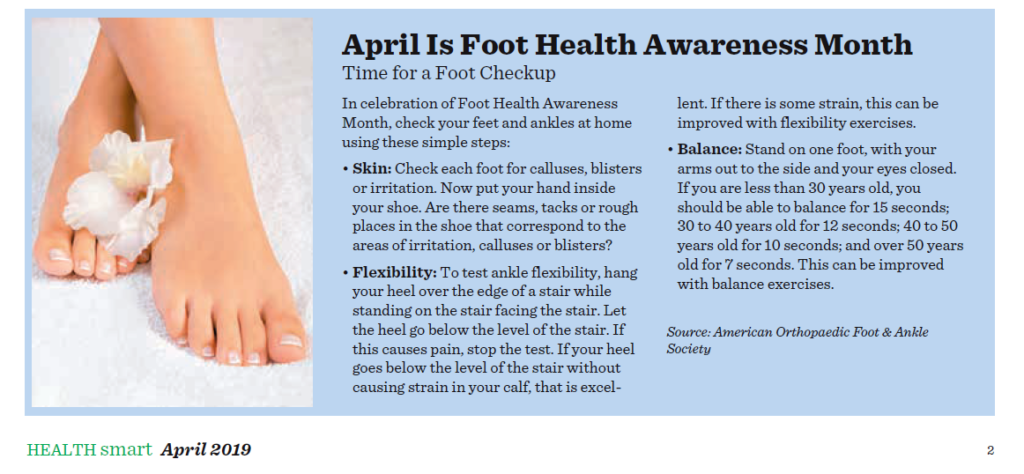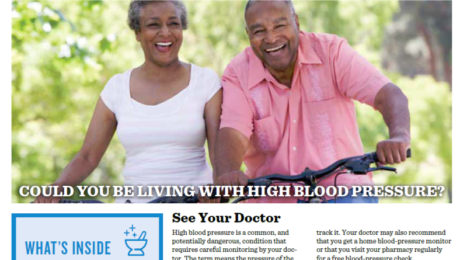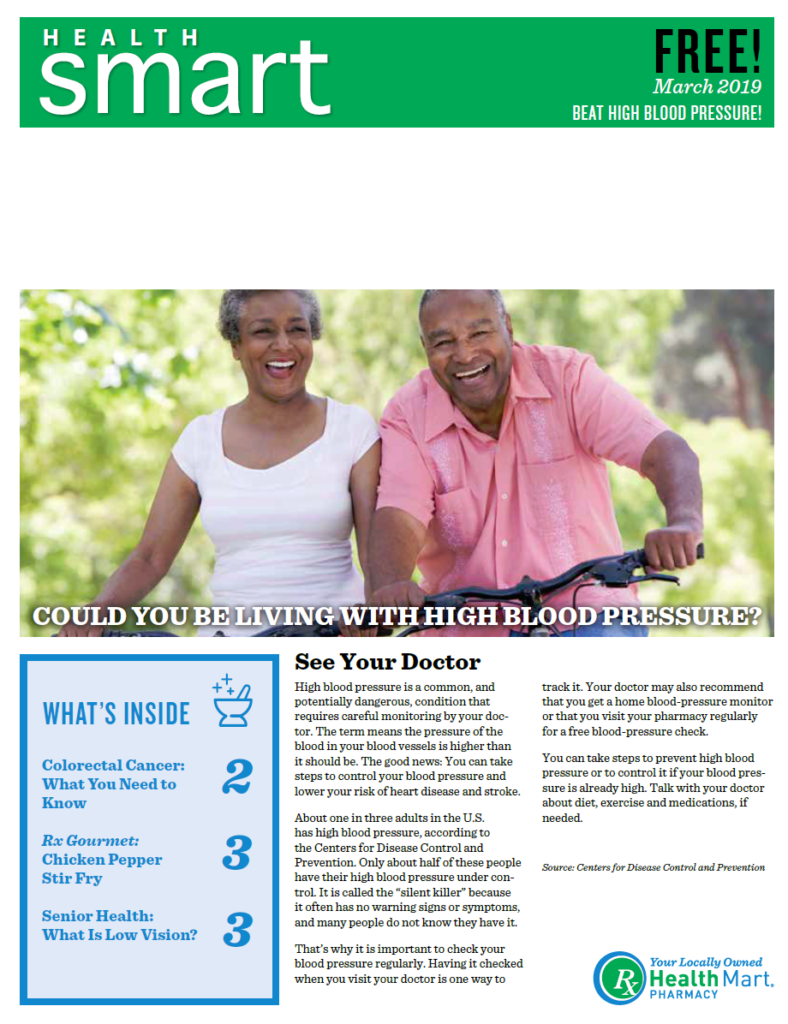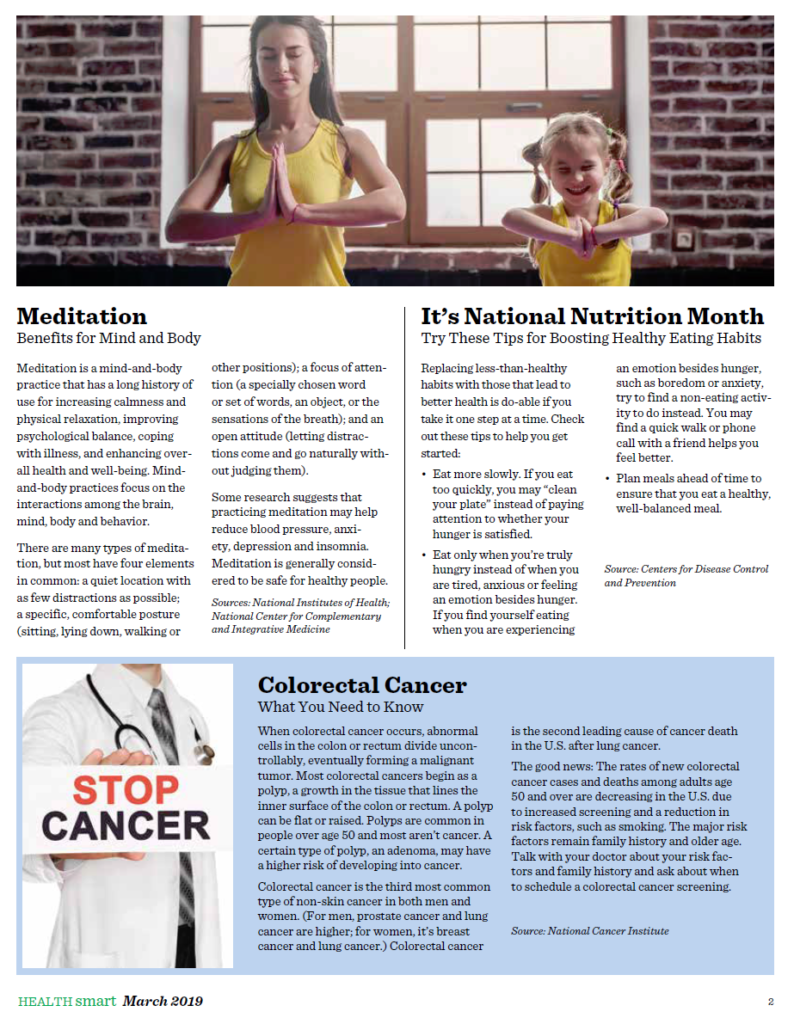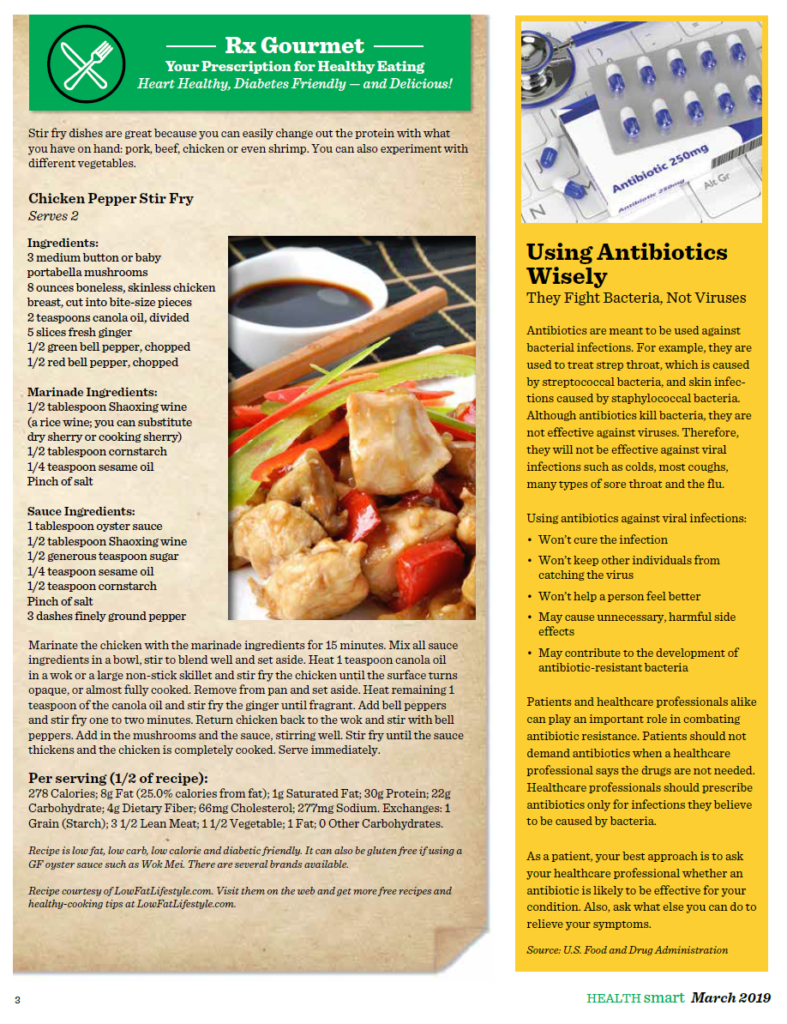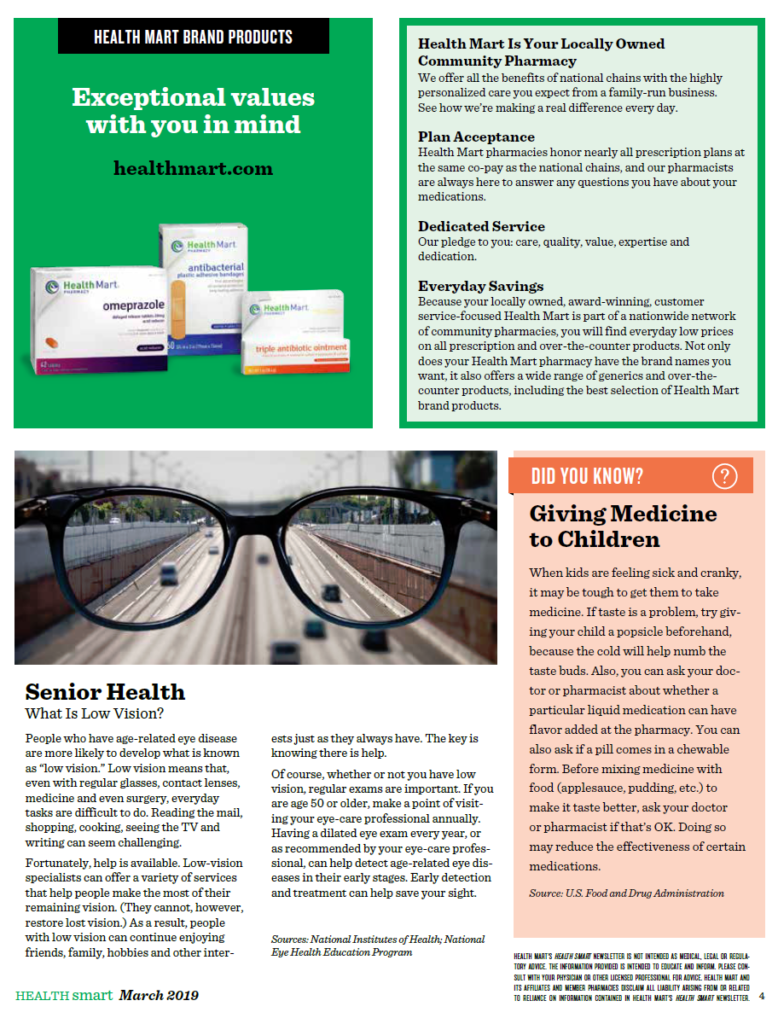Are Your Medications Causing Nutrient Deficiencies?

When you pick up your prescriptions from your local pharmacy, do you ask if you should be taking supplements as well? You should. While some common supplements can interfere with the effectiveness of certain medications, other medications may rob your body of crucial nutrients, making supplements beneficial.1
Physical signs of nutrient deficiencies
Whether due to poor eating habits or poor nutrient absorption due to medications or illness, your body has subtle – and some not so subtle – ways to let you know that it is not getting what it needs. These could include:
- Hair. Vitamin C, zinc or iron deficiencies can damage your hair follicles as can a diet insufficient in protein or essential fatty acids, resulting in dry, brittle or thinning hair.
- Skin.Healthy-looking skin requires vitamins A, C and D as well as antioxidants.
- Teeth and gums.Calcium is vital for bones strength while vitamin C can help heal swollen and bleeding gums.
- Weight.If you experience unexplained wright loss or gain, your diet may be lacking in vital nutrients.
- Gastrointestinal issues.Remember the chorus of the famous Pepto Bismol jingle “Nausea, heartburn, indigestion, upset stomach, diarrhea…”? Those are just a few of the less-than-subtle signs your body can send you that it is not getting what it needs!
- Illness.If it feels like you constantly catching the bug of the day or simply feel run down, your immune system might be sending you a signal that it needs some support.
- Wounds.Vitamins are essential to help everyday cuts and bruises to heal, including vitamins A, B12 and C. If minor injuries seem slow to heal, nutrient deficiency may be to blame.
- Concentration.Struggling to concentrate or a foggy memory can be a sign that your brain is not getting enough nutrients, such as omega-3 fatty acids.2
Nutrient deficiencies can result in serious consequences, from weakened bones and immune systems to muscle cramps/weakness, low red blood cell counts, and irregular heartbeats.2 If you see signs of nutrient deficiency in yourself, give your doctor a call.
Are your prescriptions to blame?
Undoubtedly, every time you have picked up a prescription, you have received a printout of possible side effects. What you might not be reading, however, is about how those same life-saving medications could interfere with your body’s ability to absorb vital nutrients.
While most medications that are used short-term are unlikely to lead to nutrient deficiencies, some common medications used to treat chronic illnesses and ailments can. These include:
- Statins. These cholesterol-lowering drugs can inhibit the production of coenzyme Q10 (CoQ10).
- Acid reflux and heartburn medicines. Proton-pump (PPIs) used to alleviate reflux can cause low calcium, magnesium and B12 levels.
- Anticonvulsants: These vital medications can interfere with calcium, vitamin D and folic acid absorption.2,3,4
- Corticosteroids: These anti-inflammatory medications can reduce levels of calcium, potassium and vitamin D.
- Diuretics. Used to lower blood pressure, diuretics can also deprive your body of magnesium, potassium, zinc, and calcium.
- Metformin. A common drug used by diabetics, metformin can reduce levels of folic acid and vitamin B12.
- Oral contraceptives: Estrogens can lead to folic acid and magnesium depletion.2,4
What you can do
If you are aware of the potential risks, you can avoid complications by adding supplements to ensure you are getting the micronutrients you need. So how do you know if the medications you are taking might be causing a micronutrient depletion? Talk to your doctor and your pharmacist about all possible side effects of any medication you are taking, including nutrient depletion. Before reaching for the nearest supplement, ask your pharmacist which ones might best benefit you and confirm that they won’t interfere with the effectiveness of any of the medications you are taking.
We’re here to help
Like all medications, adding vitamins and/or supplements to you diet should be considered carefully, particularly if you take prescription medications. Always let your pharmacist know all medications you are taking, including over-the-counter remedies and supplements. We are always here for you.
Nothing herein constitutes medical advice, diagnosis or treatment, or is a substitute for professional advice. You should always seek the advice of your physician or other medical professional if you have questions or concerns about a medical condition.
Sources
- Harvard Medical School: Are your medications causing nutrient deficiency? https://www.health.harvard.edu/staying-healthy/are-your-medications-causing-nutrient-deficiency Last accessed: February 24, 2020
- ActiveBeat: 8 Physical Signs of a Poor Diet https://www.activebeat.com/diet-nutrition/8-physical-signs-of-a-poor-diet/ Last accessed: February 24, 2020
- GoodRx: Low on Vitamin D? Your Medications Could Be to Blame https://www.goodrx.com/blog/vitamin-d-deficiency-medication-side-effects/ Last accessed: February 24, 2020
- U.S. Pharmacist: Drug-Induced Nutrient Depletions: What Pharmacists Need to Know https://www.uspharmacist.com/article/druginduced-nutrient-depletions-what-pharmacists-need-to-know Last accessed: February 24, 2020.
- Published in Healthy Living Blog Posts, Smart Health Newsletters
2020: Resolve to be a Healthier You

‘Tis the season – cakes, cookies, pie … oh, the goodies abound, don’t they? But then comes January and along with it, the onslaught of ads for miracle diets, gym memberships, and exercise gadgets that are going to make you a better version of you. If your sole aim is to lose weight at all costs, well, then break out your wallet. But if your goal is truly a better – and healthier – version of you, pick another New Year’s resolution.
8 resolution for a healthier new year
- Eat a healthy diet. Yeah, yeah, we hear you now, “But you just said I didn’t have to diet!” There is a difference between eating healthfully and the deprivation that most fad diets demand. You know what foods are healthy and which should be eaten in moderation – just be mindful about what you put in your mouth.
- Move more. If you like going to the gym, go to the gym. But if that’s not your cup of tea, find another way to be more active in 2020 – whether that’s taking the stairs instead of the elevator, gardening, walking, riding a bike, or boogying while you mop.
- Sleep more. If you get less than seven hours of a sleep at night, you are pretty typical – about 35% of Americans aren’t getting enough sleep. Adequate sleep is vital to your daytime performance and your health.1 So power down the electronics, turn off the TV, and turn in a little earlier.
- Stop smoking. Did you know that after just 20 minutes of quitting smoking, your heart rate goes back to normal? Within 24 hours, the carbon monoxide level in your blood also falls back into place, and in just a few weeks, you will start to lower your odds of having a heart attack.2
- Create bonds. Friendships are good for your health, increasing your sense of belonging and reducing stress, among other benefits.3 And who else is going to laugh at all your bad jokes?
- Learn to budget. Money can’t buy you happiness but stressing over it can raise your blood pressure! Migraines, digestive issues and heart disease can all be tied to stress. Financial wellness leaves you not only less stressed but in a better position financially to deal with future setbacks, including unexpected illness.4
- Stress less. Easy to say, we know. Stress can lead to headaches, muscle tension, fatigue, sleep issues and more. Actively manage your stress by practicing relaxation techniques such as yoga or getting regular physical activity.
- Give back. Want to be healthier and happier in 2020? Volunteer. In addition to the good feeling you will get from giving back, volunteering gives you an opportunity to make new friends and stay active and involved. Did you know that older volunteers tend to walk more, are able to conduct everyday tasks easier and are less likely to develop high blood pressure?5 Volunteering is win-win!
- Cook more. Most of us eat too much processed foods – always on the go, we grab whatever is handy and go. Eating a diet rich in fruits, vegetables and whole grains reduces your risk of heart disease, type 2 diabetes, and even some types of cancer.6 If you are truly trying to be healthier in the new year, eating whole foods in their natural state is a good place to get started.
- Be grateful. Gratitude has a surprising effect on your physical well-being. From greater self-esteem and sleeping better to reducing aggression and frustration, practicing gratitude makes you psychologically and physically stronger.7
We’re here to help
Your Health Mart pharmacist is here to help. Whatever your healthcare needs to be a happier and healthier you in 2020, we are here for you!
Nothing herein constitutes medical advice, diagnosis or treatment, or is a substitute for professional advice. You should always seek the advice of your physician or other medical professional if you have questions or concerns about a medical condition.
Sources
- CNBC: Study: Jobs where people tend to be the most sleep deprived and the least https://www.cnbc.com/2019/10/28/study-sleep-deprivation-varies-by-occupation-impacts-productivity.html Last accessed: November 12, 2019
- WebMD: 13 Best Quit-Smoking Tips Ever https://www.webmd.com/smoking-cessation/ss/slideshow-13-best-quit-smoking-tips-ever Last accessed: November 12, 2019
- Mayo Clinic: Friendships: Enrich your life and improve your health https://www.mayoclinic.org/healthy-lifestyle/adult-health/in-depth/friendships/art-20044860 Last accessed November 12, 2019
- Deepak Chopra: Your bad money habits could be hurting your health https://www.cnbc.com/2019/10/08/deepak-chopra-says-your-bad-money-habits-could-be-hurting-your-health.html Last accessed: November 12, 2019
- Help Guide: Volunteering and its Surprising Benefits https://www.helpguide.org/articles/healthy-living/volunteering-and-its-surprising-benefits.htm Last accessed: November 12, 2019
- WebMD: The Benefits of Whole Foods https://www.webmd.com/diet/features/the-benefits-of-healthy-whole-foods#1 Last accessed: November 12, 2019
- Psychology Today: 7 Scientifically Proven Benefits of Gratitude https://www.psychologytoday.com/us/blog/what-mentally-strong-people-dont-do/201504/7-scientifically-proven-benefits-gratitude Last accessed: November 12, 2019
- Published in Healthy Living Blog Posts, Smart Health Newsletters
June Health Smart News
- Published in Smart Health Newsletters
April Health Smart News
- Published in Smart Health Newsletters
March Health Smart News
- Published in Smart Health Newsletters
- 1
- 2
